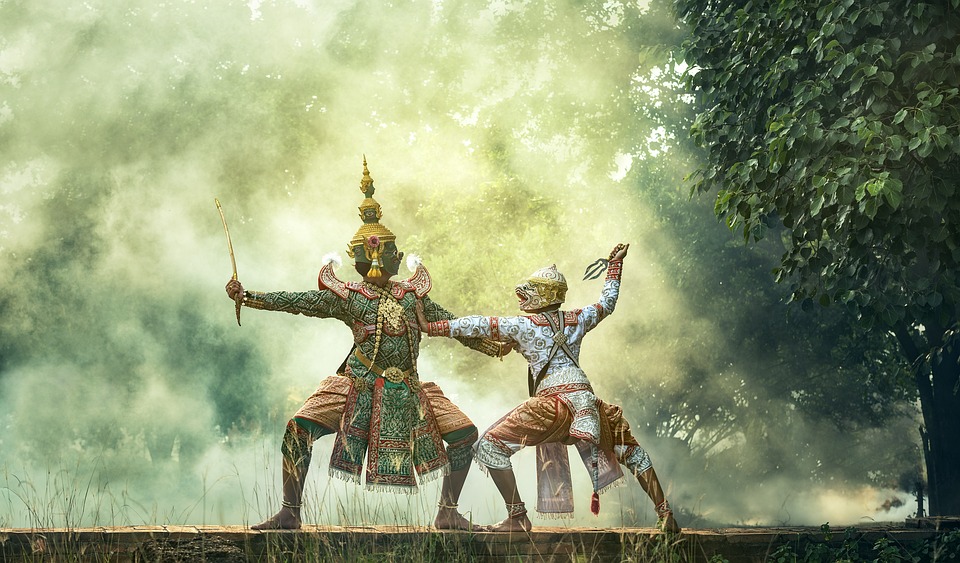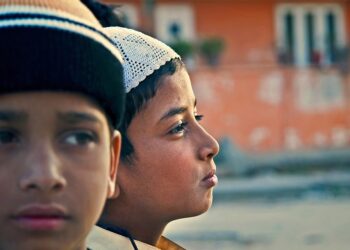Religion has been an integral part of human society for thousands of years. From the ancient civilizations of Mesopotamia and Egypt to the organized religions of today, religious traditions have played a significant role in shaping our beliefs, values, and social behaviors. However, as societies evolve and as cultural norms change, religious traditions have also evolved to adapt to these shifts.
One of the most fundamental aspects of religion is its ability to provide a sense of meaning and purpose to individuals and communities. Throughout history, different religions have developed unique belief systems, rituals, and customs that have helped people make sense of the world around them and provide guidance for moral living. These traditions have often been passed down from generation to generation, creating a sense of continuity and stability in society.
However, as society has changed over time, religious traditions have also had to adapt in order to remain relevant and meaningful to their followers. For example, in the 21st century, with the rise of globalization and increased cultural interchange, many religious traditions have had to confront issues of diversity and inclusivity. Religious leaders and communities have had to grapple with how to incorporate new ideas and perspectives into their traditions, while still maintaining the core tenets of their faith.
In addition, advancements in science and technology have also challenged traditional religious beliefs. The discovery of the age of the Earth, the theory of evolution, and other scientific findings have raised questions about the literal interpretations of religious texts and the role of faith in the modern world. Many religious traditions have responded to these challenges by incorporating scientific knowledge into their teachings or by interpreting their sacred texts in a metaphorical or allegorical manner.
Furthermore, changing cultural norms have also influenced the evolution of religious traditions. As societies become more tolerant and accepting of diversity, many religious traditions have had to reassess their views on issues such as gender equality, LGBTQ rights, and interfaith dialogue. Some religions have become more progressive in their approach, while others have clung to more conservative beliefs. This tension between tradition and modernity has led to internal debates and conflicts within religious communities.
Despite these challenges, many religious traditions have managed to adapt and thrive in the face of changing cultural norms. Some have embraced social activism, advocating for justice and equality in the world. Others have focused on spiritual practices and personal growth, emphasizing the importance of inner transformation. In this way, religious traditions continue to play a vital role in shaping our beliefs, values, and behaviors in a rapidly changing world.
In conclusion, the evolution of religious traditions is a dynamic and ongoing process that reflects the changing needs and values of society. As cultures and societies continue to evolve, religious traditions will likely continue to adapt and transform in response. By embracing diversity, inclusivity, and progressive values, religious traditions can remain relevant and meaningful to their followers in the modern world.
Embracing Diversity: Celebrating the Intersection of Faith and Culture
Diversity is a beautiful aspect of the human experience, offering a variety of perspectives, traditions, and beliefs that enrich our...








